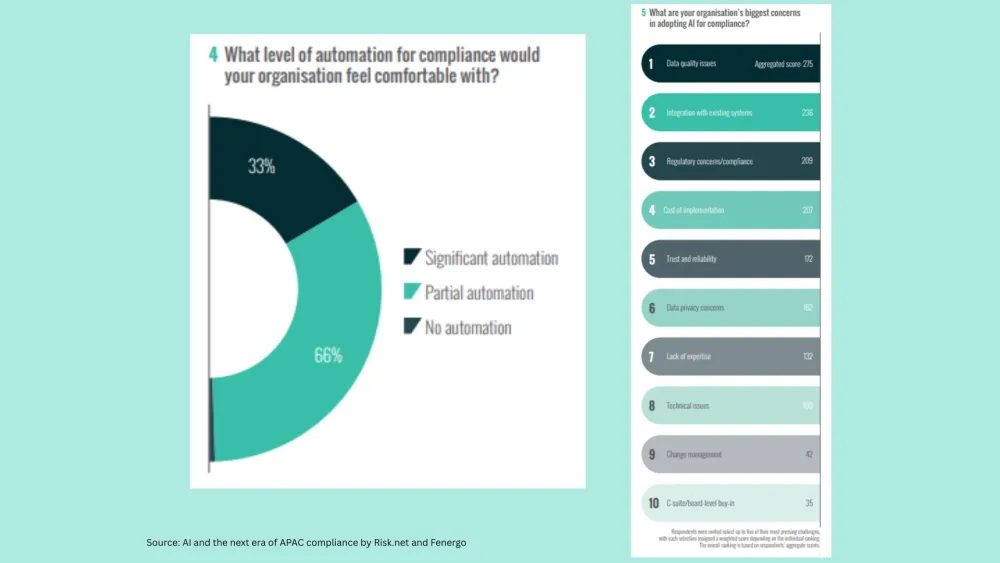
Malaysia rides on Asia's virtual banking drive
Potential web-only players could target both the unbanked and the affluent segment.
Malaysia might soon count amongst the pioneers doling out internet-only banking licenses in the region, joining the likes of Japan, South Korea, Taiwan and Hong Kong.
The country’s central bank, Bank Negara Malaysia, has already initiated talks with incumbent overseas virtual banks in March as it aims to come up with the licensing rules for interested players by end-2019 although it has yet to reveal how many licensees to approve for the development.
Like its Asian peers, Malaysia has been making strides towards a more digital economy. E-payments usage per capita in the country has doubled from 22 in 2005 to 44 in 2010 whilst internet banking grew 6.3% over the same period, central bank data show.
“In the next 10 years, the bank aims to increase the number of e-payment transactions per capita from 44 transactions in 2010 to 200 transactions by the end of 2020, which is comparable to the e-payment transactions per capita of the more developed countries. The vision is to make e-payments the preferred medium for economic transactions in Malaysia,” the central bank said in a report.
As for the impending rise of virtual banks, Shankar Kanabiran, financial services advisory partner at EY Advisory Services, said that new offerings will not only focus on taking market share away from existing banks, but also creating new customers and product categories which will increase the size of the financial services pie in the country.
Web-only contenders could potentially target both the unbanked demographic through a payment-led proposition and the affluent segment through lending and robo-advisory offerings although this relies on a fully integrated digital offering. “As long as there is ease of use, a high degree of personalisation, superior customer service, and a high degree of security and trust that is maintained, they will be able to attract customers. Though whether these internet-only banks will become the primary bank for someone, remains to be seen,” Kanabiran said.
The sentiment was echoed by Mohit Mehrotra, strategy consulting co-leader for Deloitte Asia Pacific. “Currently, the hard issues these banks need to solve are around experience, offerings, and configuration.”
Competitive landscape
The development of virtual banking in Malaysia will prompt existing players to enhance their digital banking services especially in the know-your-customer-area (KYC) area, Domenic Fuda, group managing director and CEO of Hong Leong Bank.
“For the most part, it may still be a significant leap for many people to go from transacting digitally with a physical brick-and-mortar branches model bank to dealing with one which is completely online, with no, or very few, physical touch-points for customers,” Fuda told Asian Banking & Finance. However, the CEO also noted that digital transactions have jumped to almost 80% in their bank, indicating the strong preference for digital banking solutions.
Fuda did not confirm whether or not Hong Leong will join the impending virtual banking race in Malaysia although it is open to the possibility of applying.
Those who will be brave to test the waters may have to tread cautiously for a while. Global trends suggest that not many internet-only banks have been able to scale up or are considered profitable although Mehrotra said there is room to argue that it may be a matter of time before web-only banks can crack the profitability code.
For instance, Korea’s internet-only banks, K Bank and kakaobank, have booked a combined loss of $78m on their second year of operations, which extends a $166m net loss in 2017 as the two players struggle to reverse negative cashflow given their heavy investment into the necessary IT infrastructure and manpower to move their business forward.
“There are no banks in the world that have generated net income in the first year of business launch as they had to invest a chunk of money to set up IT infra and to hire staff. At the same time, it takes time to see sizable loan asset that generate interest incomes,” Phil Lee, manager of public relations at kakaobank said in a 2018 interview with Asian Banking & Finance.
Also read: Can South Korea's web-only banks break out of beginner's rut to ensure sustainability?
On the brighter side, the launch of virtual banks could be a boon for Malaysia’s tech banking talent as it could open doors for candidates with technical talent and skills, according to Kanabiran. “People who want to work on cutting-edge technology solutions and want to work with the likes of big platform players will now have the option of doing so in Malaysia.”
In Hong Kong where the first batch of virtual bank licenses have already been granted, an unprecedented hiring boom was observed in the banking industry. WeLab, the fourth player to get a virtual bank operating license, has already bared its plans to double its Hong Kong headcount to 200 in the next 12 months, whilst Standard Chartered is boosting its 100-strong internet-only banking venture team by another 40 people.
Also read: Hong Kong grants first batch of virtual banking licences
“Currently, financial employers are looking to recruit mainly senior-level finance executives, and compliance and audit professionals, with strong demand coming from different sectors looking to set up virtual banking licenses in Hong Kong,” Adam Johnston, managing director of HR consultancy firm Robert Half Hong Kong said in a report.
Who will emerge as possible contenders?
By looking at the trends in other Asian countries, Kanabiran predicts that existing banks, insurers and their fintech arms, e-commerce firms, conglomerates and large payment providers are likely to join the virtual banking race in Malaysia.
“What we have also seen is that a number of licences are backed by a consortium that can include existing mature banks, internet companies, and other non-banking conglomerates partnering together,” Kanabiran said.
This can be seen in Taiwan’s virtual banking wars as contenders include Chunghwa Telecom’s Next Bank whilst local financing firm Waterland Financials teamed up with Japan’s Rakuten bank to form an internet-only bank. In March, Standard Chartered Taiwan announced that it will inject $16.2m (NT$500m) for a 5% stake in the upcoming web-only bank by Line Financial Taiwan.
“Ultimately it will come down to the quality of the bid for the licence, though having financial services partners in the consortium may help,” EY’s Kanabiran added.
Despite the trend of the emergence of virtual services, the rise of internet-only banks should not be a zero-sum game but complementary to the banking business, according to Fuda.
“Some of the biggest pure-play e-commerce players know this, and despite starting with virtual stores, they have either built their own physical stores or started on-ground experiential platforms to allow their customers to interact with their products and services, physically. That shows how important personal interaction through physical presence is to any businesses,” he explained.



















 Advertise
Advertise












